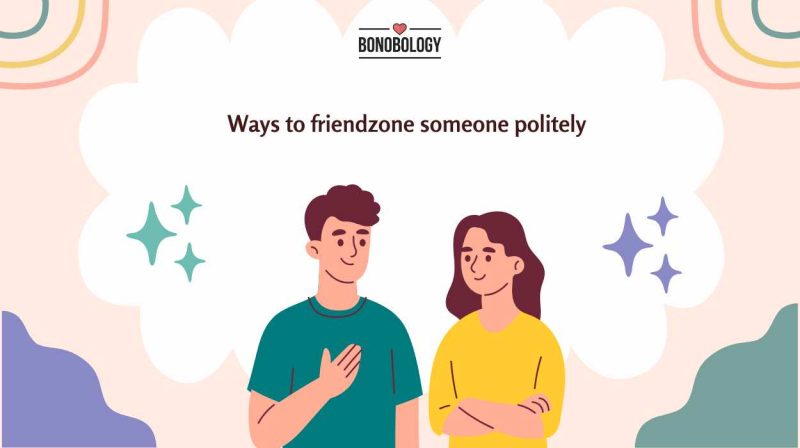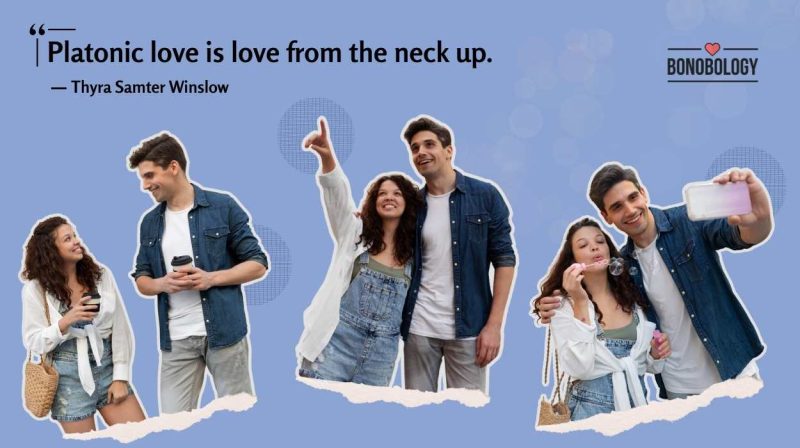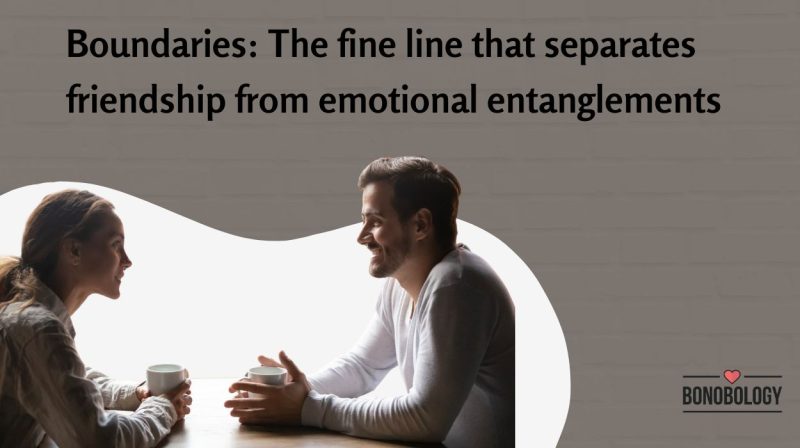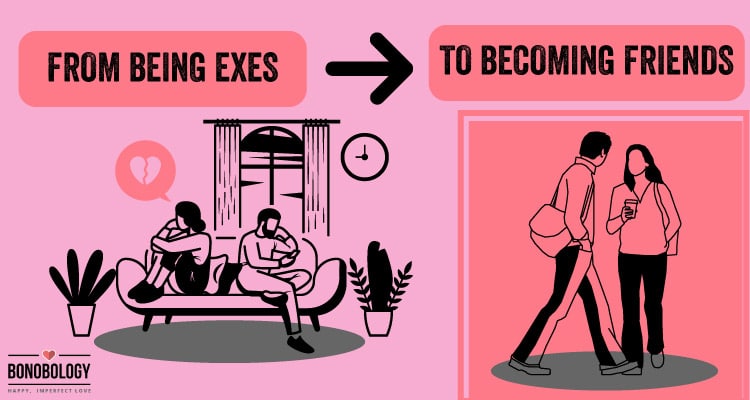“I shouldn’t have that pink cocktail, I should probably just get a beer or a whiskey,” thinks every man at least once in his lifetime. The ‘alpha’ male doesn’t do effeminate things, and anyone who does is immediately called “gay” for doing so.
Within male friendships, opening up and confiding with each other is often a far-fetched reality. There’s a reason why the number one advice men give to their post-breakup ailing friend is usually “forget about her, let’s go get drunk.”
Playful banter? Or unacceptable homophobia? Are these men fragile? Or just desensitized? With the help of Psychotherapist Dr. Aman Bhonsle (Ph.D., PGDTA), who specializes in relationship counseling and Rational Emotive Behavior Therapy, let’s try to find out why some men take great pride in changing a spare but are petrified of the color pink.
Machismo, Male Friendships, And Homophobia
Table of Contents
I was recently watching a Kevin Hart movie called The Wedding Ringer (don’t judge me). His co-star Josh Gad (Doug Harris in the movie) goes over to hug Kevin upon hearing some good news. As though it’d be the end of the world if two men were caught hugging, Kevin proceeds to stop and push off Josh and look around worriedly, trying to make sure their blasphemy wasn’t witnessed by an onlooker.
It’s just a scene in a comedy movie, but the sentiment behind the joke was one that’s derived from our society. “Men” must not hug each other, “men” must not wear pink, “men” don’t have feelings. If you do, you might be hit with a “Stop being a homosexual and man up.”
By now, you probably know the type we’re talking about. The type who’d go to beer cafes over coffee shops with their guy friends, the type who never sit with their legs crossed, the type of men who avoid eating bananas in public (you can probably guess why).
It’s not even just a selective portion of the population that indulges in these offhand homophobic remarks. Have you ever used the gif that features Chang from “Community” shouting out “Ha! Gay!” to describe something? Makes you think, doesn’t it?
Related Reading: 21 Tips For Courting A Woman – Being A True Gentleman
Where does it stem from?
“This archetype of the ‘alpha male’ has grown over pop culture as we know it,” explains Dr. Bhonsle, about the possible foundation of the stoic mustachioed man.
“Especially in Indian society, this entire paradigm is so well-rehearsed with our Kabir Singhs and ‘angry young man’ dynamics, the hyper-masculine image has become the definition of manhood. Anything that deviates from that can definitely cause a stir,” he adds.
“These pressures exist in our society. If you like pink, if you have a Manhattan or a Cosmopolitan, and you do things that are considered effeminate, people will question it since it deviates from the norm they’ve been taught.
“It’s also a part of the cultural tapestry of India to ridicule someone who belongs to the outlier or minority fragment, which the LGBTQ community certainly represents. Tune into any mainstream comedy show and you’ll see men dressed up as women, constantly berated and humiliated because of their womanhood. We’ve normalized making fun of minority populations for too long,” says Dr. Bhonsle.
“It can also be a way to indulge in power games through verbal dialogue. ‘If I can’t elevate myself, I can dropkick you and call you gay’, some men might think while indulging in grandstanding. This turf war of sorts happens very subconsciously,” he adds.
The roots are ingrained in society

The only emotion male rappers are supposed to show is anger. The ‘Marlboro Man’ brought upon a generation of stereotypes, and the patriarchal society our young civilization has observed hasn’t helped either.
Even so, these remarks don’t come without if their fair share of homophobic undertones. “Such comments can very well be homophobic. If you look at the movies from the 90s, the slightly effeminate character was always slapped and kicked around, since he was considered a social embarrassment or some kind of anomaly,” says Dr. Aman.
“If you see American football coaches, they often say ‘all right, ladies’. In army movies, you hear the officers say “Come on ladies”, as if that were something to be ashamed of. It’s not just India, it’s also been normalized in the socio-cultural fabric of making offhand sexist remarks,” he adds.
Traditional masculine expectations are so ingrained in everyday life, they might be passed on from peer to peer via inadvertent physical or verbal cues. One of the verbal cues may well be the problematic remark in question today, something along the lines of “Stop being gay.”
Related Reading: Manvendra Singh Gohil, the first gay Prince in the world, talks about LGBTQ rights in India
Why is it a problem?
Leaving aside the obvious homophobic undertones and the possibility of sexism, studies have claimed that traditional masculine expectations (such as displaying dominance and stoicism) can lead to a heightened chance of committing acts of physical and verbal violence.
Men may also inadvertently push their own agenda of toxic masculinity onto the male friendships they have, by quickly poking fun at anything another man does that might appear weak.
“If you are a sexist, of course, it’s going to affect all your relationships,” says Dr. Bhonsle. “If snide remarks like ‘why are you acting gay?’ are targeted toward a person who’s a closeted homosexual, he might take great offense to it,” he adds.
One of the most common masculine expectations is that “boys don’t cry”, which might lead them to suppress such emotions and choose to cope through unhealthy methods. Studies claim that men who conform to masculine norms are more likely to indulge in unhealthy behaviors such as heavy drinking and excessive tobacco use.
Although a remark such as “that’s gay” may appear harmless at first glance especially due to the herd mentality we’ve established, the damage often lies in what’s being said between the lines.
Though it’s problematic, Dr. Aman tells us it’s possible that someone might use language such as this without consciously meaning any harm. “If you’ve seen members of your family or circle of friends use language such as this all your life, it’s possible these remarks might not be used by you in a premeditated manner. You might not even see it as a mistake or something hurtful once the herd mindset sets in. But it’s still an extension of poor verbal skills.”
Related Reading: Coming Out Of The Closet: 4 Gay Coming Out Stories
What should be done?
It’s rather bizarre that a person who’s obsessed with appearing stoic and aggressive is so afraid of eating a popsicle in public (again, you can probably guess why).
Jokes aside, the problem of toxic masculinity is too widespread to tackle in a blog post or two. What we can do, however, is call it out whenever we see it. “The concepts of ‘manly’ and ‘girly’ drinks and products are all marketing gimmicks, which people have bought into,” says Dr. Aman.

When coming across someone who chooses to dismiss something as “gay”, Dr. Aman opts to question the logic behind such statements. “I’d ask what makes him use this particular language and what’s wrong with being gay. If the comment was a response to a particular drink, I’d ask how this person’s sexual orientation is connected with his taste buds? Are your personality and innermost fears represented by the socks you’re wearing?”
Without realizing it, these offhand attempts at evading anything effeminate might make you more aggressive and less able to deal with mental health issues. So the next time you’re picking your outfit, give that floral Hawaiian shirt a go. You might realize you like expressing yourself more than ‘masculinity’ allows you to.
Your contribution does not constitute a charitable donation. It will allow Bonobology to continue bringing you new and up-to-date information in our pursuit of helping anyone in the world to learn how to do anything.






















